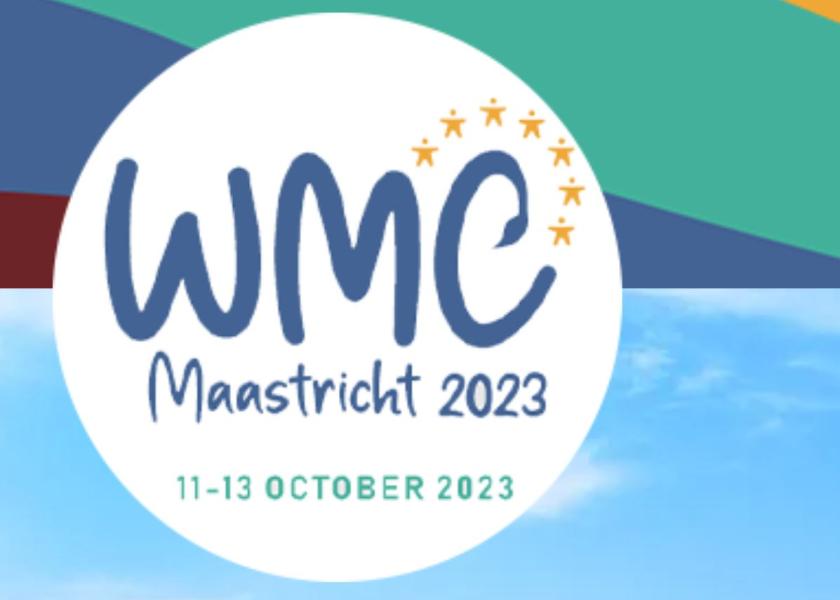Global Meat Industry Focuses on Sustainability and Collaboration at World Meat Congress

The World Meat Congress recently convened in Maastricht, Netherlands, for the first time in five years, with a host of thought leaders and organizations focused on the global meat consumer in attendence, such as the U.S. Meat Export Federation (USMEF). The event is organized by the International Meat Secretariat (IMS).
Erin Borror, USMEF vice president of economic analysis, also serves as co-chair of the IMS economics committee. In a recent USMEF release, she notes it’s important for the global meat industry to come together on common issues.
“That's really the value of the International Meat Secretariat, is joining together the global voice for meat and coming around common issues, opportunities, challenges,” Borror says. “In my mind, one of the most important roles is working with the global bodies—the United Nation’s Food and Agriculture Organization, the Codex, the World Organization for Animal Health (WOAH)—and having IMS as a collaborator and as a global voice for the meat industry is invaluable.”
While a number of topics were discussed at the event, a major focus of the World Meat Congress is sustainability, USMEF reports.
Borror notes topics, such as animal welfare, greenhouse gas emissions and how they are accounted for, are top of mind, as well as the need for science-based standards, specifically on animal health. Meanwhile, work with WOAH and the Codex have been instrumental in setting standards for food safety, she adds.
“Those are the areas where I think our collaboration has the most value,” Borror says. “As we think about things like the UN efforts on emissions and such, having the meat industry voice united from around the world, and more, more outspoken, has value.”







